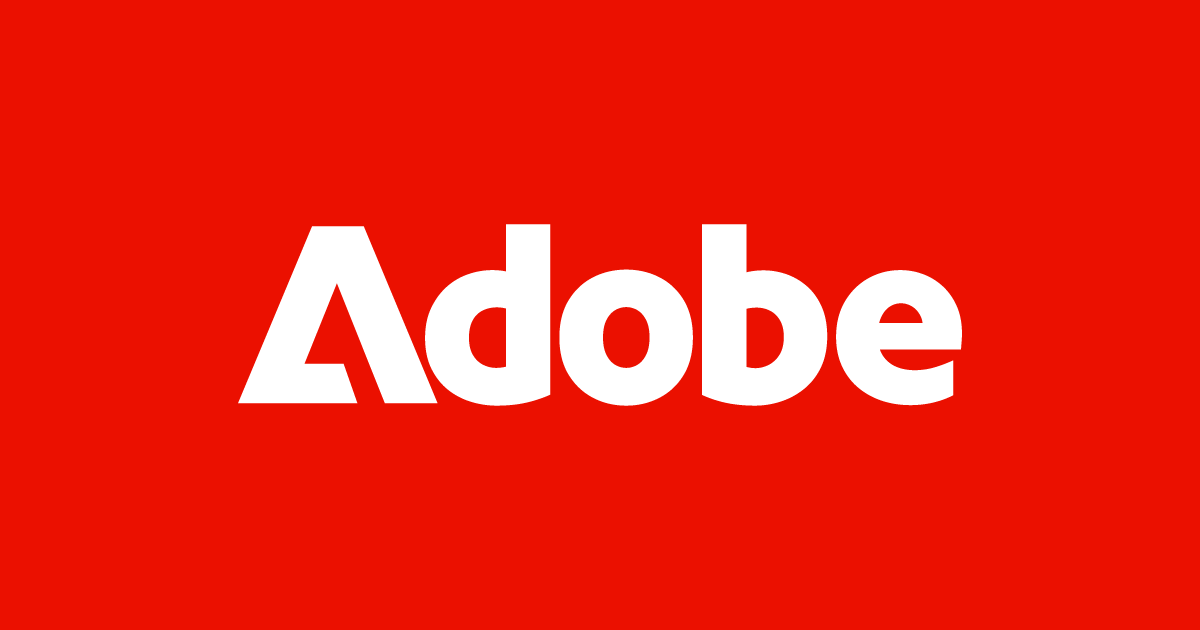A point of confusion is that there is the actual, legal agreement - the End User License Agreement, which is full of precise legal language. That is what you are agreeing to.
The problem is that it's technical language (aka legalese) that is in large part incomprehensible to most users.
So the company puts out an "explainer" trying to summarize what the legal language means to the end user. This is not part of the legal agreement that you are accepting - the agreement is solely defined by the EULA. But often the explainer is oversimplified, or wrong. But people think that the explainer is the agreement, when it's not. And can be misleading.
E.g. in this thread,
@Nimi is pointing to the actual agreement language - the EULA - and highlighting loopholes within it. OTOH this link:
https://helpx.adobe.com/manage-account/using/machine-learning-faq.html
is an explainer - it is not legally binding on Adobe. It's trying to inform the user, but may, or may not be the whole story. I think Adobe is trying to inform the users in good faith what their intentions are to their customers, but the EULA doesn't appear to match those intentions as of yet. So I expect the EULA to be revised (ok, they are *always* revised heh) to reflect those explainer statements. Hope I'm right!


